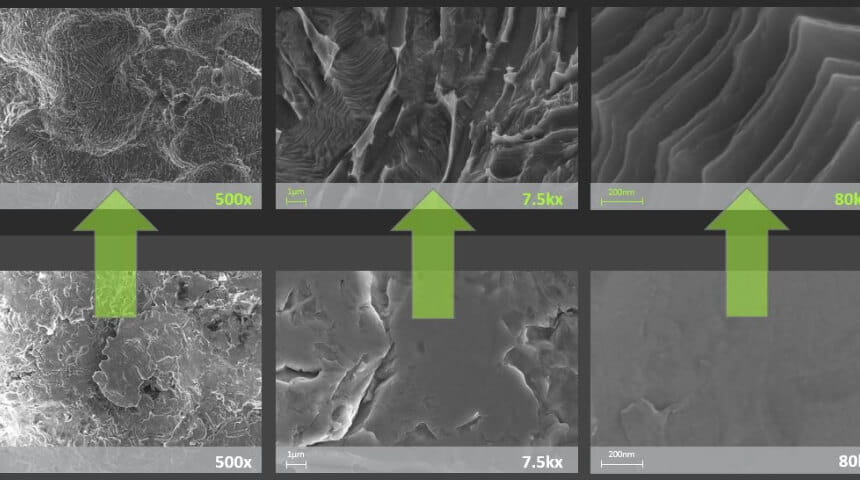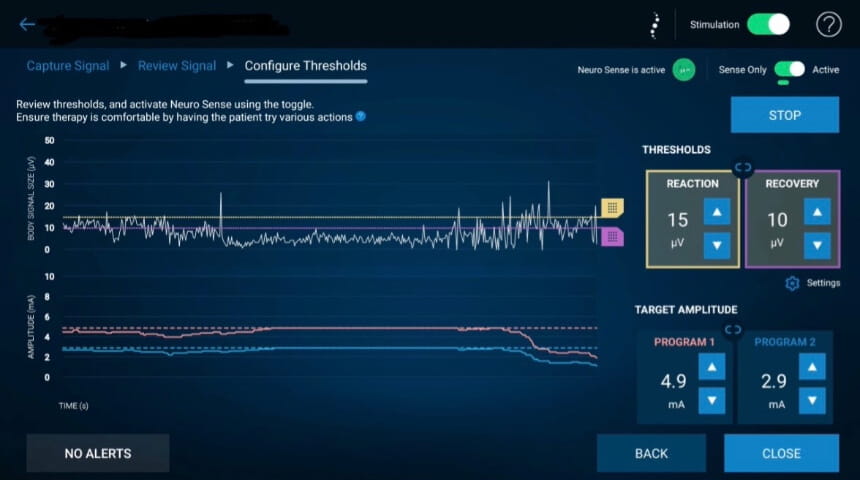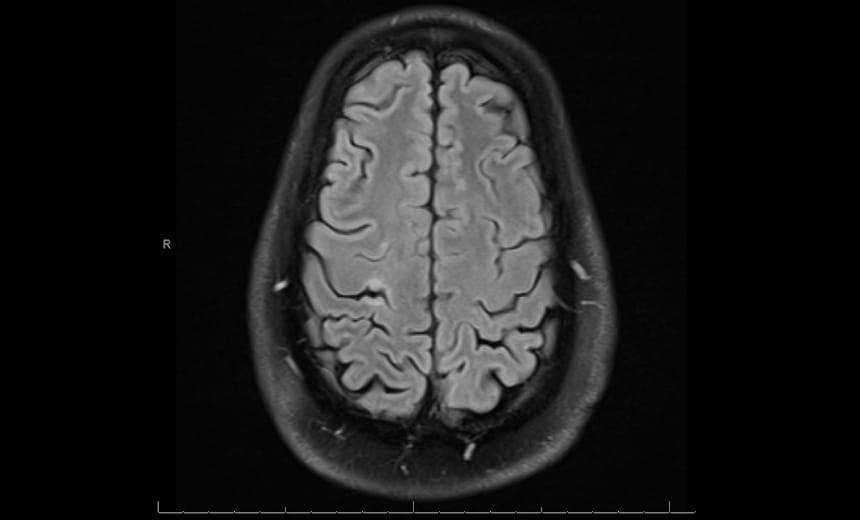
Traditionally, pituitary tumor removal has depended on the open transcranial or microscopic transsphenoidal approaches. The minimally invasive endoscopic transsphenoidal method provides surgeons with a wider angle of view and better visualization than the microscopic approach, while avoiding the brain exposure of an open surgery.
When performed at high-volume super tertiary centers with a multidisciplinary care team, this minimally invasive endoscopic technique results in none to small incisions, shorter recovery time, less pain, better preservation of normal structures and cosmetic improvement after surgery.
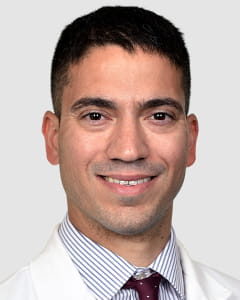
“We are utilizing endoscopic transsphenoidal surgery not only for pituitary tumors and adenomas, but also for craniopharyngiomas, chordomas and colloid tumor cysts within the third ventricle,” says Hermes G. Garcia, MD, a board-certified neurological surgeon with the Orlando Health Neuroscience Institute.
“I have been able to use the endoscope through nasal passages as a surgical adjunct and visualization tool for any patients with brain tumors, as well as for making smaller openings in other traditional surgeries such as tumors in the cerebellopontine angle and intraventricular tumors.”
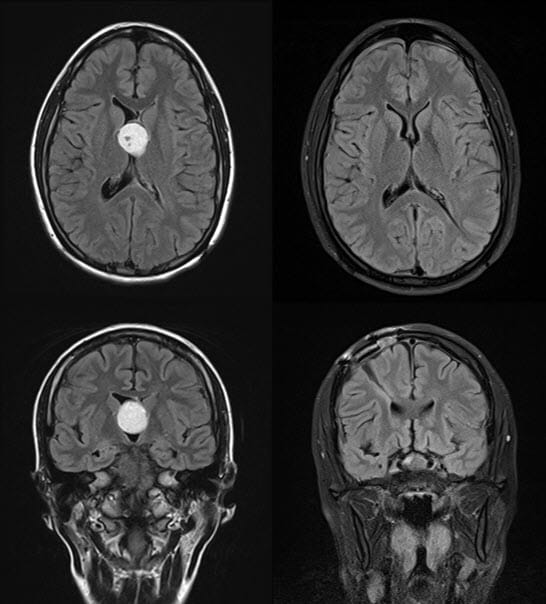
Additionally, endoscopic brain surgery benefits conditions like cerebral spinal fluid leakage through the nose and intraventricular problems such as hydrocephalus. “With this procedure, we have been able to reduce the occurrence of cerebral spinal fluid leakage, a very common post-surgery complication,” says Dr. Garcia, a fellowship-trained specialist in skull base surgery, whose work has appeared in numerous peer-reviewed journals. “Our specialized techniques alleviate the need for lumbar drains, shortening a patient’s hospital stay and minimizing the additional complication of meningitis.”
The Orlando Health Neuroscience Institute is the first practice of its kind to expedite care for neurosurgery patients, taking referred patients within 24 hours for urgent cases or within two days for less-urgent cases as procedure.


